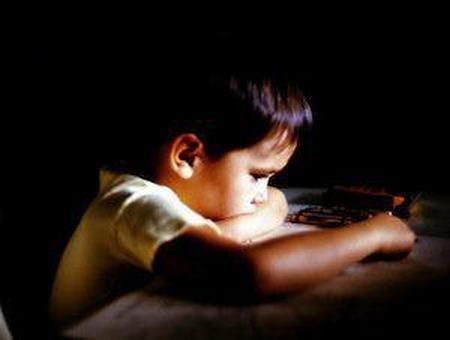Crackdown on the Abandonment and Transfer of Unwanted Adopted Children
 Adoption in the United States can be a rigorous process. Prospective parents must submit a cumbersome amount of data to adoption agencies; everything from their Social Security data to their home life is scrutinized under the microscope, and after an extensive waiting period, the couple eventually become parents.
Adoption in the United States can be a rigorous process. Prospective parents must submit a cumbersome amount of data to adoption agencies; everything from their Social Security data to their home life is scrutinized under the microscope, and after an extensive waiting period, the couple eventually become parents.
Adoption through an agency requires serious hoop-jumping, and with good reason: agencies want to ensure that the children are placed in good home situations with food, clothing, an opportunity to receive education, and loving parents to care for them. This is the idyllic scenario and not one that always comes to fruition as parents and adopted youth may find themselves incompatible. However, parents cannot just return their adopted children just because they are not up to their expectations … or can they?
Rehoming in the United States
Rehoming, the term referring to the process of adopted parents transferring custody of their adopted youths, is a trend that has started to gain the attention of lawmakers who are interested in prohibiting this practice. Currently, rehoming is a legal practice in almost every state in the country; there are no federal laws prohibiting the placing of your adopted child on the Internet to be transferred to a stranger.
Commencement of the Criminalization of Rehoming in the U.S.
States, however, are beginning to crack down on the practice and install their own laws to criminalize the practice. Wisconsin, in April of this year, was the first state to make the practice of rehoming illegal, requiring rehoming without a license by the state to be penalized. Offenders of the rehoming law may spend up to nine months in jail and/or be fined $10,000. Louisiana followed Wisconsin’s practice and also prohibited illegal adoptions.
Rehoming is Still a Legal Practice Nationwide
Though a few other states are considering installing the ban in their own states, the vast majority make rehoming relatively easy by requiring for execution either a power-of-attorney or a notarized statement transferring custody from one to another. This makes the practice easily perpetuated; children, through this process, can now easily be transferred from one home to another without the state requiring any sort of background check of the prospective parents nor the home life that the child will be introduced to. Safety is the first priority in organized adoption. Illegal adoptions, however, might as well be an underground unwanted children swap.
The Serious, Negative Effects of Rehoming on Children
Rehoming can have serious, negative impacts on children. First, the identity of the those who wind up becoming the new guardians of the rehomed children must be analyzed. If they are going through this medium of adopting children through an online advertisement, then there are probably valid reasons why they were denied from adoption proceedings through reputable agencies. Though rehoming remains largely an unreported occurrence, re-homed children who were evaluated spoke of physical, sexual or emotional abuse from their new “custodians.” There is also the initial trauma of being abandoned by their adopted parents in the first place.
Family Law Attorneys in DuPage County
Rehoming, though not an illegal practice in Illinois, is still ethically reprehensible. If you would like help adopting a child, it is important to go through the process as required by reputable adoption agencies. Adoption agencies evaluate your information with a fine-tooth comb to make sure that adopted child and prospective parents are a compatible match. An experienced family law attorney at Mevorah & Giglio Law Offices can help you through the complexities of the adoption process. Contact our DuPage County family law attorneys today for a free and confidential consultation.
 English,
English,
 Spanish,
Spanish,
 Polish,
Polish,
 Urdu
Urdu

















